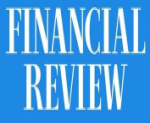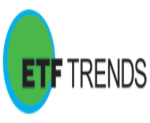
Financial Times: “The risk is that one of these firms goes down at the same time as it somehow has a large position open,” said Ken Monahan.

Financial Times: “The risk is that one of these firms goes down at the same time as it somehow has a large position open,” said Ken Monahan.

WSJ: “People may be enjoying digitized experiences in other realms without a hitch,” said Chris McDonnell. “But in banking, regulations that are usually invisible to the customer are beginning to reveal themselves.”

Investment Executive: Greenwich Associates announces 2018 share and quality leaders in Canadian equities.

Traders: “Due to these and other changes, approximately half of these investors expect to decrease their reliance on investment bank research,” said Richard Johnson.

El Economista: La alta liquidez y el rendimiento del fondo son los factores que más pesan al momento en que un inversionista de América Latina agrega ETF a su portafolio, de acuerdo con un estudio de Greenwich Associates.

Financial Review: Greenwich Associates found that the lion's share of respondents expected to see increased fee unbundling within five to 10 years even in regions not covered by Mifid II regulations.

Traders: A new Greenwich Associates report examines the state of foreign exchange e-trading among corporate and financial market participants.

ETF Trends: A Greenwich Associates study revealing that out of 100 executives within the banking and finance industry, over 50 percent were exploring the idea of using AI technology and 18 percent were already implementing it.

Treasury Today: As India’s private banks continue to innovate, Greenwich Associates suggests that more corporates should consider their offerings.

CNBC: A majority of banks and financial services companies are planning to implement AI technology in their business or already have, according to Greenwich Associates.